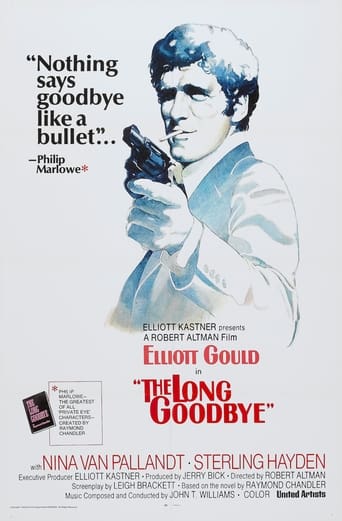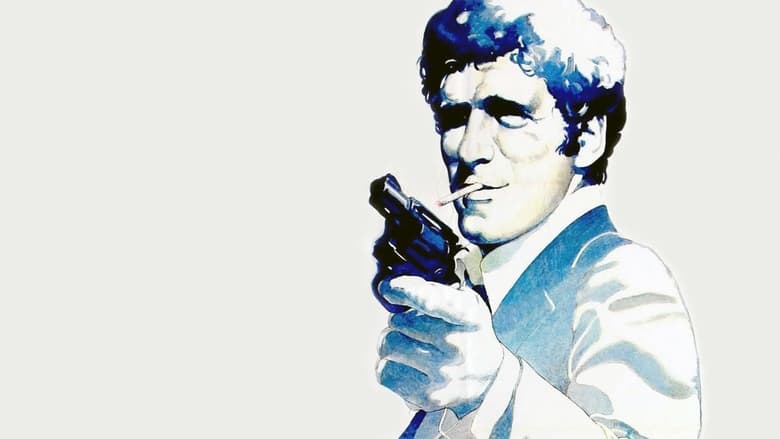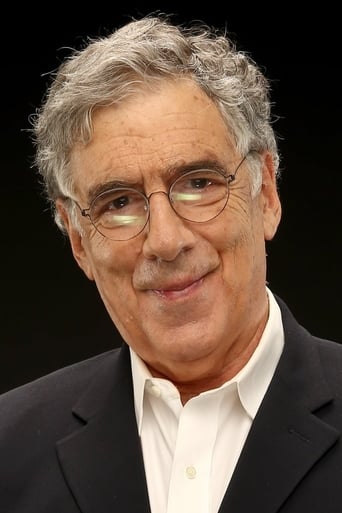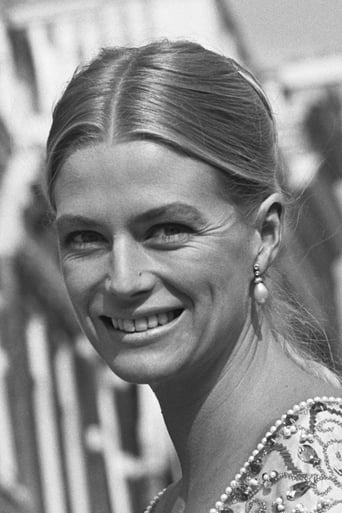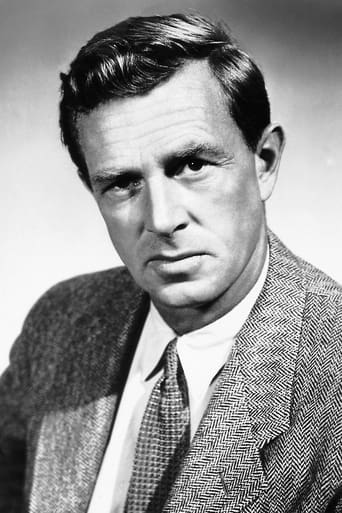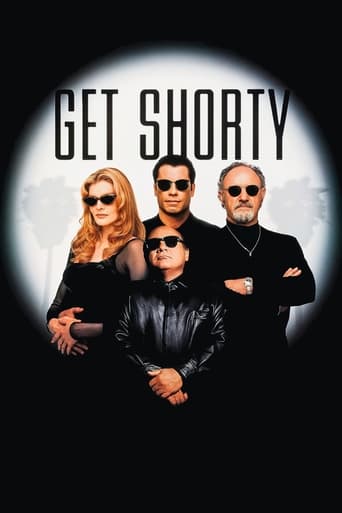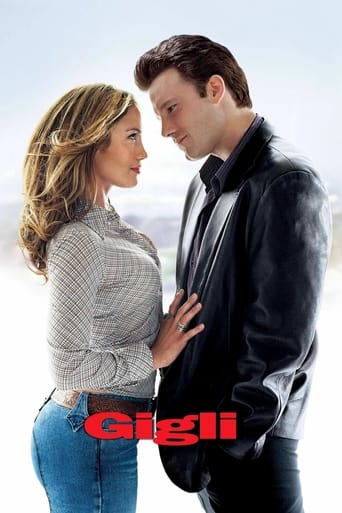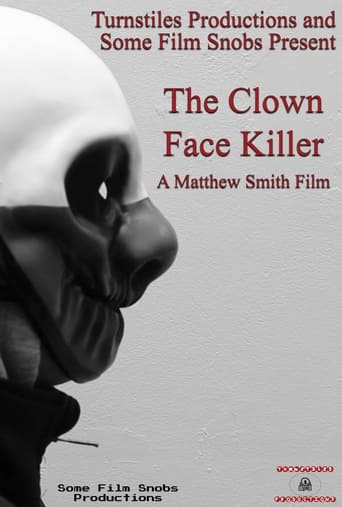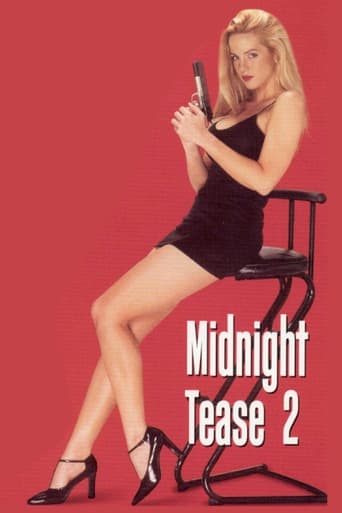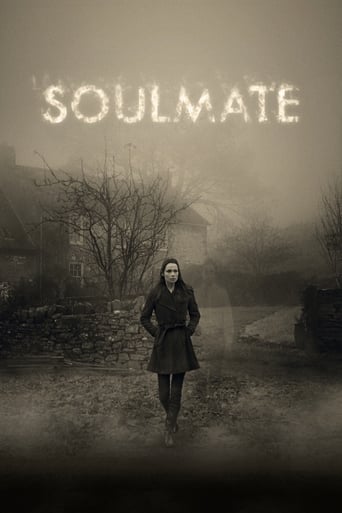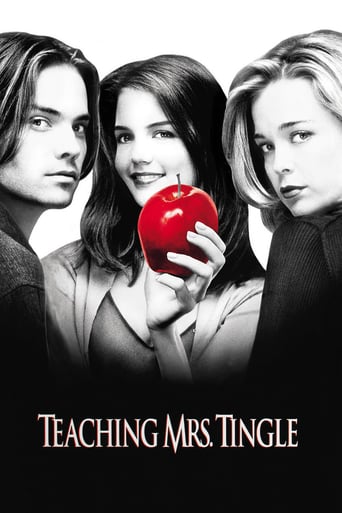The Long Goodbye (1973)
In 1970s Hollywood, Detective Philip Marlowe tries to help a friend who is accused of murdering his wife.
Watch Trailer
Cast


Similar titles
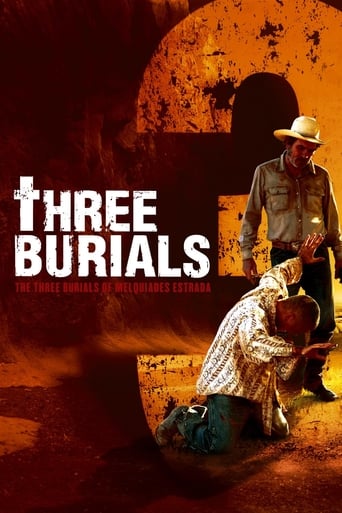
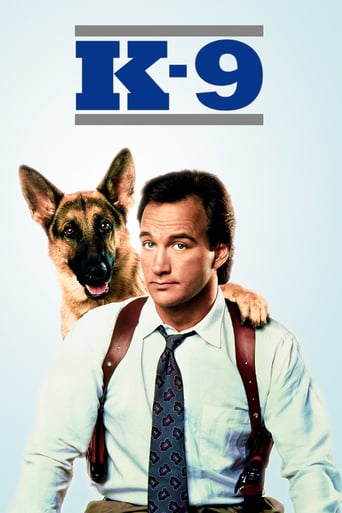
Reviews
Private investigator Philip Marlowe is approached by a friend, Terry Lennox, who is in a bit of a jam. Marlowe helps him get to Mexico but the next day his friend's wife turns up dead. The police hold Marlowe but then release him once Terry Lennox is found dead in Mexico - suicide. To the cops it is an open-and-shut case of murder-suicide but Marlowe doesn't believe that to be the case. Marlowe then is hired by the wife of wealthy author Roger Wade to find her husband. The Wades were neighbours of the Lennoxes. A powerful mob boss also leans on him to find the large sum of money Terry Lennox was transporting for him. Could all these events be connected? Robert Altman directs a movie based on a Raymond Chandler novel, and it's a mixed bag. Starts off very well with some humorous scenes and dialogue and a fair amount of intrigue. The middle-to-end sections lack focus, however, and, while it is never dull, the movie feels like it is drifting to a lacklustre conclusion. The intrigue just seems to get sucked out of the movie in that segment. In addition, the theme song gets played in just about every situation and in various forms - it gets very irritating, very quickly.Ends well though, with a good twist and a powerful conclusion.A new take on Philip Marlowe from Elliott Gould - he is hardly Humphrey Bogart and he's not trying to be. Altman's Philip Marlowe is the dishevelled, anti-social chain-smoking anti-hero rather than the suave, confident hero that Bogart portrayed. For the most part, it works, though at times I wished for the coolness and wise-cracks of Bogie. Supporting cast are fine. Sterling Hayden is great as the larger-than-life, Ernest Hemingway/John Huston-esque Roger Wade. Not the Philip Marlowe of the Bogart movies, but it'll do.
Marlowe is a private eye and one heck of a nice guy. At 3 AM he furnishes a party of half-naked women with boxes of brownie mix, goes to lengths to find his choosy cat's favorite brand of cat food, and even drives his buddy to Tijuana.There's that saying, the one about nice guys finishing last. Well, Marlowe gets himself in a little pickle because of the car trip down to Mexico with his old pal Larry Potts, aka Terry Lennox. Terry was wrapped up in something nasty, and when it's reported that Terry's wife was murdered and Terry committed suicide, Marlowe has a hunch that the papers just ain't singin' the truth.Instead of pursuing that thought, Marlowe starts booking other clients. Still, it doesn't take long for Terry's goings-on prior to the deaths to catch up to the private eye. Marlowe's in a few jams, and has to crack the case from Adam's apple to ankle or risk his own neck.This one has some shocking and disturbing violence. The kind of stuff that is haunting because it captures bad men doing things lovingly. Like other Altman flicks, music figures heavily into the structure and connects people and places across the action.I mean, what can I say? This is another ridiculously superb movie by a guy who does it all.
Loosely followed from Raymond Chandler's penultimate book about private-eye Phillip Marlowe (1953), "The Long Goodbye" was updated to a hip and hedonistic (i.e., topless yoga) world of 1973 California. Elliot Gould stars as an easy-going, chain-smoking, old-fashioned Marlowe, a wisecracking and disconnected observer of modern life. Others had previously played the Marlowe role, most notably Humphrey Bogart in "The Big Sleep" (1945). In the pre-credit opening sequence, to a brief tune of "Hooray for Hollywood," Marlowe is awakened at 3:00 AM by his hungry cat. As the detective has run out of pet food, he goes to the all-night supermarket. The cat's favorite brand is sold out, so Marlowe tries a substitute. Returning to his penthouse apartment, Marlowe places the cat food into an empty discarded can of its favorite brand. The cat is not fooled, however, and leaps off the counter and runs away. In the meantime, Terry Lennox (former baseball pitcher Jim Bouton), Marlowe's close friend, arrives at Marlow's and asks the detective to drive him with his two duffel bags to the border at Tijuana in Mexico to get away from his trouble with a local gangster. We will later learn that Lennox was running money across the Mexican border and it was not delivered. When Marlowe returns home he is arrested by the local police, who tell him that Terry's wife Sylvia has been murdered and that Marlowe may be an accomplice. As the gumshoe utters impudent answers to questions, he is held for three days. The beleaguered detective is finally released when the police notify him that Mexican authorities have confirmed that Lennox is dead, having shot himself. Before dying, Lennox had written a confession that he murdered Sylvia. But as Marlowe cannot possibly believe that Lennox is a murderer he decides to investigate further. Meanwhile Marlowe is hired by Lennox's neighbor Eileen Wade (Nina van Pallandt) to find her alcoholic, boorish, and large husband, Roger (Sterling Hayden), who has been missing for a week. With ease Marlowe locates Roger, who was held in a shady detoxification sanitarium under the direction of creepy and diminutive Dr. Verringer (Henry Gibson), who is not beyond humiliating the much bigger man (6'5"/220 pounds). Jewish gangster Marty Augustine (Mark Rydell), arriving with his gang of thugs, tells Marlowe that when Lennox went to Mexico he took a large bag containing $355,000 of his money. Augustine wants his money back and threatens Marlowe with physical harm. For emphasis, he does commit one quick and surprising act of violence to his mistress Jo Ann with a coke bottle. When Augustine leaves, the detective trails him to Roger and Eileen's beach residence. HINT: Eileen was not truthful to Marlowe when she denied knowing Terry and Sylvia Lennox, her Malibu neighbors. But exactly how are the two Wades, Lennox, and the mobster connected? The charming and manipulating Eileen now says that Roger was having an affair with Sylvia. Then, after a Malibu beach party, Roger wades into the ocean and drowns himself. The private-eye believes that Roger was feeling guilt for murdering Sylvia. But was Lennox the killer all along? Was he having an affair with Eileen, and did he crave some of that Wade fortune, which is obviously extensive? Meanwhile Marlowe has received a note and a $5,000 bill (a James Madison) from Lennox in the mail for his services. He drives to Mexico to confirm the death of Lennox. Somewhat satisfied, although the Mexican authorities said that Lennox had just one duffel bag, he returns to LA. In the presence of Augustine and his gang, Marlowe is searched and his $5,000 Madison bill is discovered. (There were three in Augustine's $355,000 bag.) While this "conference" is in progress the stash of money is delivered; the gangster is satisfied and releases Marlowe. So who had and who returned the cash?ADDITIONAL SPOILERS: When Marlowe arrives at Eileen's, he discovers that she has put her house up for sale and left. Not totally convinced of the meaning of some recent events and realizing he has been used by several people, Marlowe returns to Mexico and discovers the authorities were bribed by Lennox, who is still alive. He tracks Lennox at a hacienda, and the latter admits to killing his wife Sylvia accidentally and initially failing to deliver Augustine's $355,000 to Mexico City. That information does not bother Marlowe as much as Lennox used him and placed his life in danger. Lennox even insults him. Consequently, without batting an eyelash Marlowe pulls out his pistol and fires. Right after Eileen is seen driving her jeep to the hacienda as "Hooray for Hollywood" is played. It is obvious that Eileen and Lennox were having an affair. They clearly returned the cash after she had inherited Roger's large fortune. So there was not really much for Marlowe to solve, but there certainly was a score to settle! One may differ with director Roger Altman's ("MASH," 1970) anachronistic adaptation of Chandler's hero, but the picture does succeed. Furthermore, since when was Altman a purist? Moreover, Gould, not the misogynist of "MASH," provides one of his best performances as a not-so-tough disheveled sleuth who also drives an old car, like fictional police detective Columbo. In fact, the acting is fine throughout, even by a quirky cast of characters who inhabit LA. Near the beginning catch David Carradine as a jailed hash-smoking philosopher and towards the end spot Arnold Schwarzenegger as one of Augustine's henchmen.
This is hard to review. If you were born after 1980, this might not hold your attention. It doesn't have either the best production values or the best acting, but if you are a bit older, you might enjoy it for the nostalgia, as I did.I like movies from the '60s through the '80s, as they tended to be plot-driven, unlike more modern films, which are often built around their special effects. I liked how this film captured the times, l liked the cars, and I liked some of the other material objects in the film, even if they were in questionable taste, because it all brings back an innocence I can still vaguely remember. Some of the acting was a bit painful. In particular, Sterling Hayden was pretty awful. In his mind, I'm certain that he felt that he was actually playing himself--a misunderstood noble creature, a man's man fighting against the encroaching darkness, etc., so much more than the self- absorbed, crashing bore he appears to others, but which he no doubt actually really was. Every time he was gobbling up the screen, I couldn't wait for him to get off. Quite a few other performances were weak or hammy also. Still the plot was solid, and the attempt to drop the classic noir detective into that particular time period was interesting, if nothing else. In the end, the positives of a good plot and, for me, a hearty shot of nostalgia, significantly outweighed the drawbacks of mediocre acting and production values. So, I liked it a lot, but if you are a member of one of the ADHD generations, I'm not sure this film is for you, although it certainly wouldn't hurt to give it a try. It's not totally old-fashioned-- there's some modern swearing, a bit of disturbing violence, while no actual sex, a few scenes with some topless women, and even Arnold Schwarzenegger flexing his way through a brief, early, non-speaking role (at least, I didn't notice him saying anything, but the same thing happens when he actually talks, so I'm not totally sure). For what it's worth, that's my very personal take.

